Search Results
Showing results 21 to 40 of 49

Tri, Tri Again
Source Institutions
Learners estimate how many small triangles will fill a larger shape. Then they use a triangle stamp (or stencil made from a file folder) to fill the larger shape with triangles.

Go with the Flow
Source Institutions
Learners draw comic-style pictures to show the water cycle. From a starting picture, one learner draws what happens to the water in the next panel, then passes the comic strip to another learner.
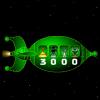
Slush Rush
Source Institutions
In this online game, learners run an outer space drink stand and thirsty alien customers are on the way.

Light of the Moon
Source Institutions
Learners model the Sun-Earth-Moon system to show what causes the Moon's appearance to change when viewed from the Earth.

Cover Up!
Source Institutions
Learners test their memory and ability to learn memory strategies in this game. Partners start with an array of poker chips, coins, or paper squares on the table.

Solar Spin
Source Institutions
A group of learners models the Sun shining on the Earth. By rotating the Earth, they demonstrate how the Sun only shines on a portion of the Earth at a time.
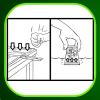
Dunk and Flip
Source Institutions
Learners complete two simple experiments to prove the existence of air and air pressure which surround us.
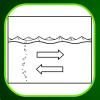
Current Events
Source Institutions
Learners model the ocean currents that carry hot water from the tropics to northern latitudes.

Respiration Relay
Source Institutions
In this physical activity, groups of learners act as blood cells traveling through the circulatory system.

Nowhere to Hide
Source Institutions
In this online simulation, learners can see adaptation and camouflage in action.
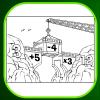
Number Cruncher
Source Institutions
In this online puzzle game, learners need to choose a path from a starting number to a goal number. Along the path are simple operations (e.g.

Divide and Conquer
Source Institutions
Learners work in groups to build model cars from paper parts. First, each learner builds cars individually and the group times themselves.
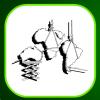
Reunite Pangaea
Source Institutions
Learners cut out pictures of continents and attempt to put them together to form Pangaea, the supercontinent present on the Earth approximately 300 million years ago.
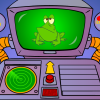
Zap!
Source Institutions
This online game tests reaction time. The learner controls a computer-generated frog, and must press a button as soon as a fly appears on the game's radar screen or can be heard from the speaker.
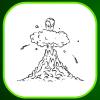
Volcano Baseball
Source Institutions
In this game, learners are volcanoes that must complete several steps to erupt. Starting at home plate, learners draw cards until they have enough points to move to first base.
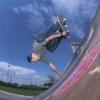
Ramps 2: Ramp Builder
Source Institutions
In this inquiry-based learning activity, learners design, build, and test their own ramps. They are introduced to a variety of materials and explore putting them together.
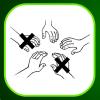
Sum of Your Parts
Source Institutions
A group of 6 learners works together as a team with each learner performing a different role. Together, they need to maneuver a die through a maze.
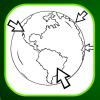
Where on Earth?
Source Institutions
Learners look at labels on items in the room to determine where each item was manufactured, then write about the item on an index card.
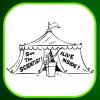
The Face of Science
Source Institutions
Learners draw pictures of how they envision scientists. By comparing and discussing the features in their pictures, they can discover common thoughts and stereotypes about scientists.

Solar System on a Stick
Source Institutions
Learners build a model of the planets in the solar system. In their model, the planets are spaced in their relative distance from the Sun.
